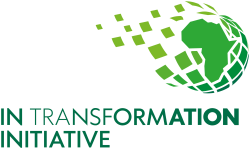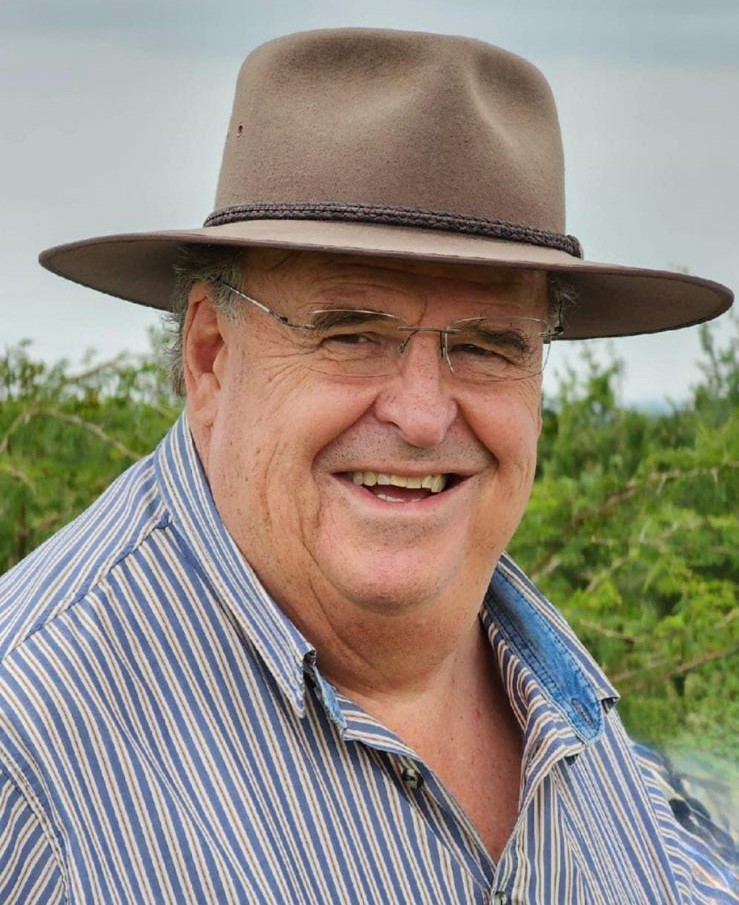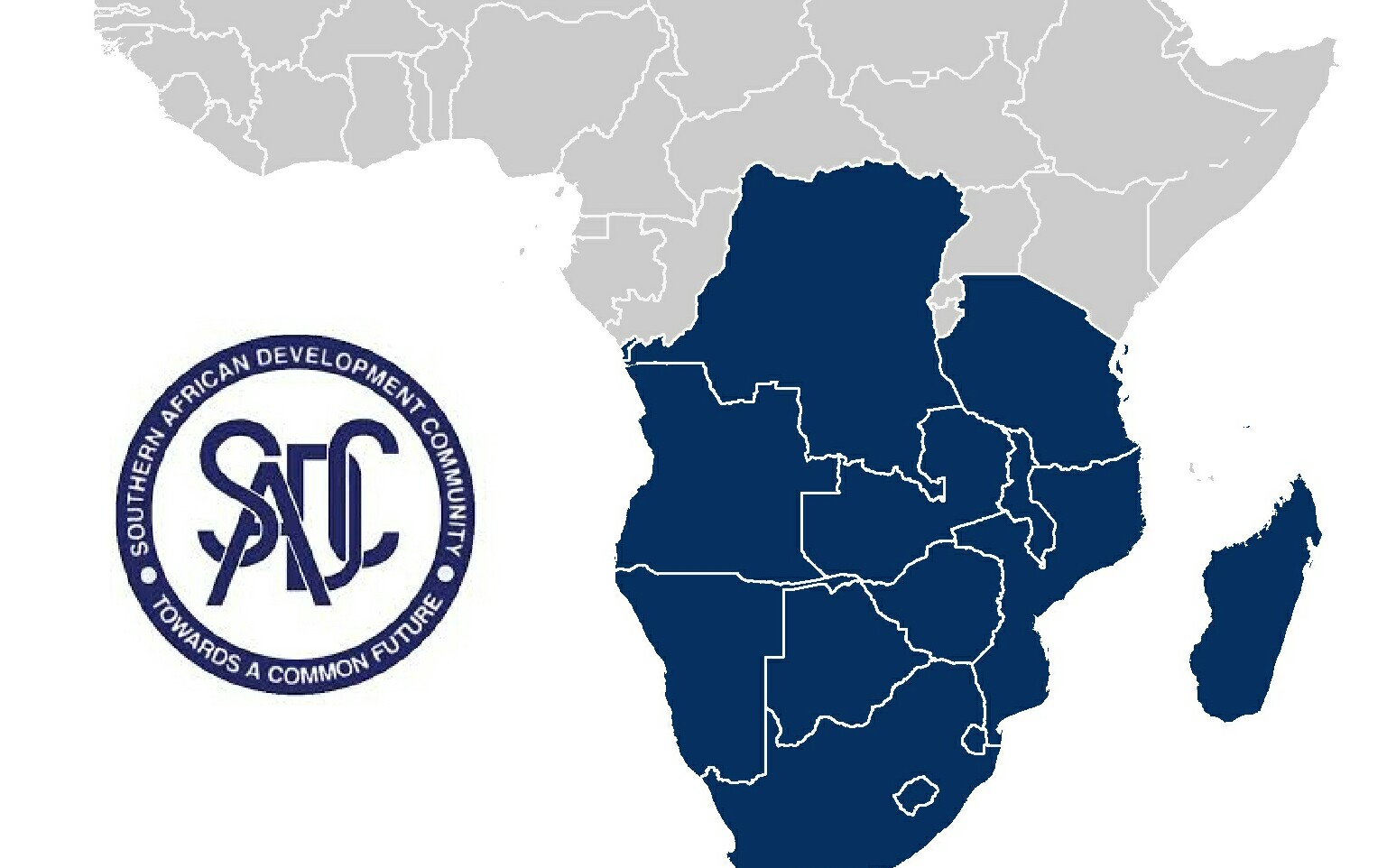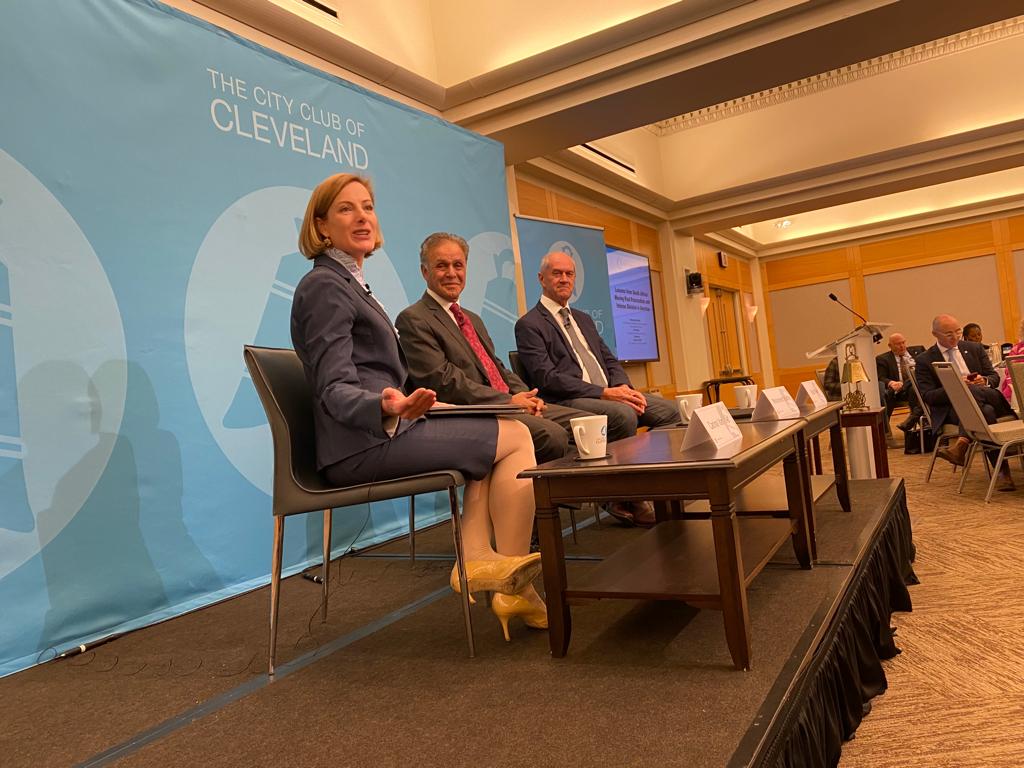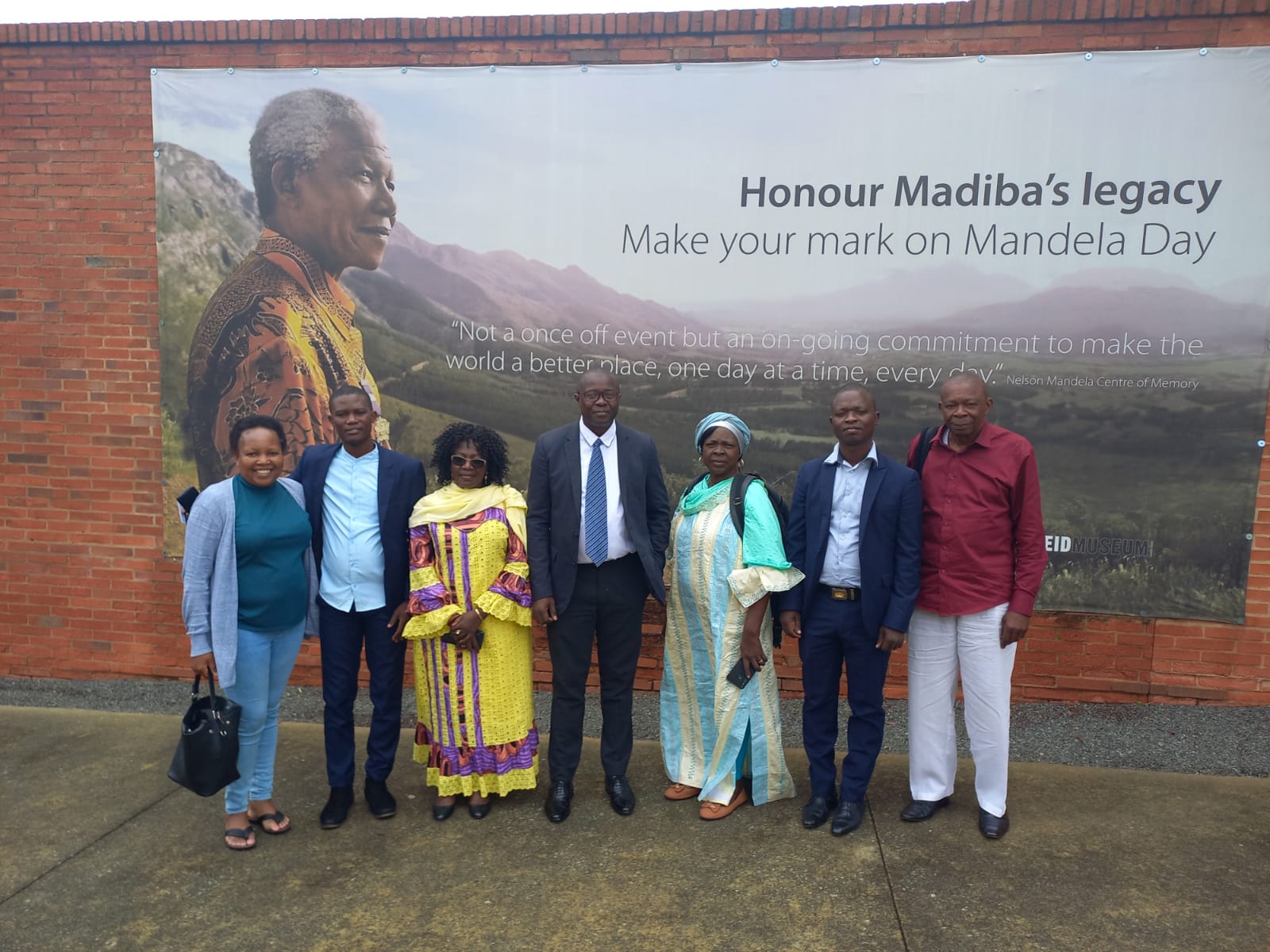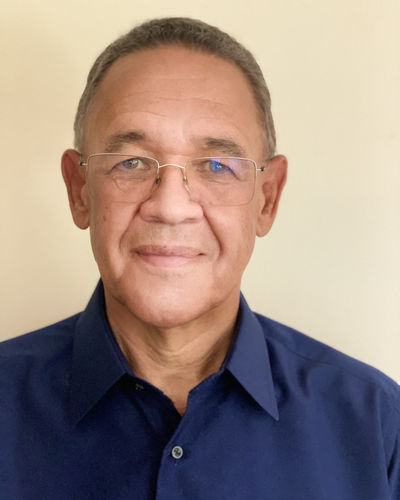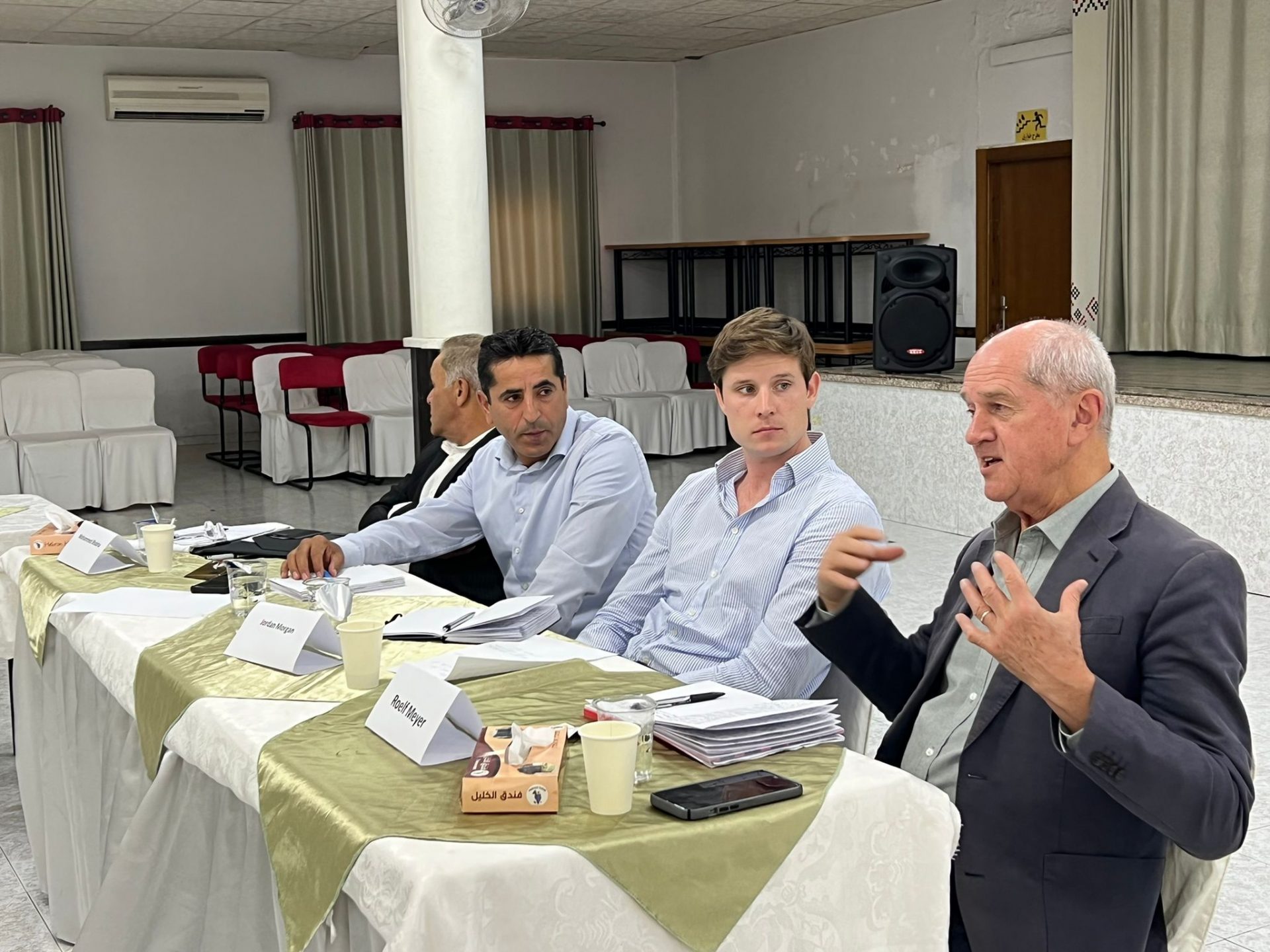Picture1
Pieter du Toit | Big capital must issue an ultimatum to Ramaphosa about Cele, Masemola, rule of law
Date
August 13, 2023
31 August 2023 Pieter du Toit Rescuing the criminal justice system is central to any attempt at resurrecting South Africa…
MF 2
Malcom Ferguson- a tribute to him following his passing on 10 March 2023
Date
March 11, 2023
Malcolm Ferguson set an extraordinary example after his retirement from public duty. He became deeply aware of the need for…
MF
Tribute to Malcolm Grant Ferguson – servant leader, pragmatist, epitome of human decency
Date
March 11, 2023
Ambassador Fergie, as we used to call him, hung up his diplomatic passport and retired from the South African foreign…
sadc-1
Political stability and emerging issues in 2023: A Sweep of the SADC Region
Date
February 20, 2023
The SADC regional bloc while it continues to work towards entrenching democratic values and principles in its member states, is…
Photo from Carene
Lessons from South Africa: Moving Past Polarization and Intense Division in America
Date
January 27, 2023
At this time, America seems to be faced with immense polarization on many fronts and there may be several lessons…
WhatsApp Image 2022-12-15 at 09.14.13
Archive Management Training for the CAR’s CVJRR
Date
December 15, 2022
From 6 to 9 December 2022, commissioners from the Commission of Truth, Justice, Reparation and Reconciliation Commission (CVJRR) of the…
Cover Photo
South Africa’s Future: The Good, the Bad, and the Ugly – SA Scenarios OP-ED
Date
December 13, 2022
The Brenthurst Foundation and the In Transformation Initiative (ITI) hosted a presentation on research into South Africa’s possible futures, entitled…
Geoff-Pic
ITI statement on the passing of Ambassador Geoffrey Doidge
Date
December 11, 2022
It is with great sadness that the In Transformation Initiative (ITI) board announces the passing of our college and friend,…
Daniel
Daniel Ngwepe appointed as ITI Executive Director
Date
November 23, 2022
It is with great pleasure that ITI announces the appointment of Mr Daniel Ngwepe, as an executive member of its…
pexels-nancy-yu-6480227
Remarks by Daniel Ngwepe during PHASA 2022 Convention & AGM
Date
November 18, 2022
The following address was made by Mr Daniel Ngwepe, in his capacity as a senior advisor for the Public Private…
Roelf and mOh in palestine
The South African Experience of conflict resolution: Insights for the Palestinian Case, 5th -12th October
Date
October 14, 2022
Jordan Morgan, Middle East Programme Director, facilitated the visit of Roelf Meyer and Mohammed Bhabha to meet with diverse Palestinian…
pexels-andrea-piacquadio-3769138
Dialogue Discussion on SA’s Foreign Policy in relation to its Economic Diplomacy
Date
May 26, 2022
In a recent online dialogue discussion session, held on 23 May 2022, the In Transformation Initiative (ITI) and invited participants…
